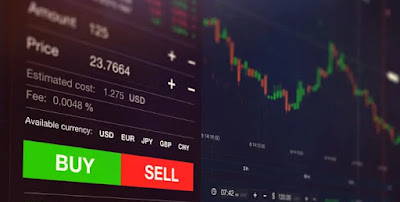Is Trading Forex A Gambling Game?
Is Trading Forex A Gambling Game?
Similarities:
Risk and Uncertainty: Both involve taking risks with the potential for loss or gain.
Speculation: Both can involve speculative behavior, where decisions are made based on predictions about future outcomes.
Short-term Focus: Many traders, akin to gamblers, may focus on short-term results, leading to quick, high-stakes decisions.
Differences:
Market Analysis and Strategy: Forex trading typically involves analysis of economic indicators, technical charts, and market trends to inform trading decisions. Successful traders often employ strategies based on research, risk management, and analysis.
Skill vs. Luck: While luck can play a role in both activities, trading can heavily rely on skill, knowledge, and experience. Traders can develop strategies and plans that can lead to consistent profits over time, while gambling often relies more on chance.
Regulatory Environment: Forex trading is regulated by financial authorities in various countries, and there are established markets and rules governing trade. Gambling, while also regulated, often operates under different legal frameworks and may have fewer robust oversight mechanisms.
Purpose: The purpose of trading in Forex is generally to invest and grow capital, while gambling is often primarily for entertainment.
Conclusion:
While there are elements of risk and speculation in Forex trading that may remind one of gambling, viewing it as merely a game of chance overlooks the strategic and analytical components involved. Successful Forex trading typically requires education, strategic planning, and risk management, distinguishing it from traditional gambling activities.


Comments
Post a Comment